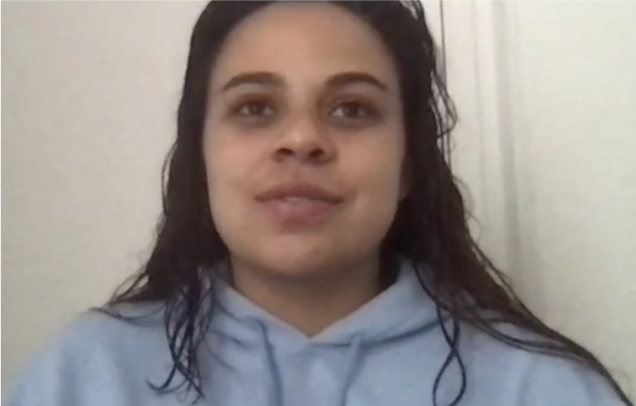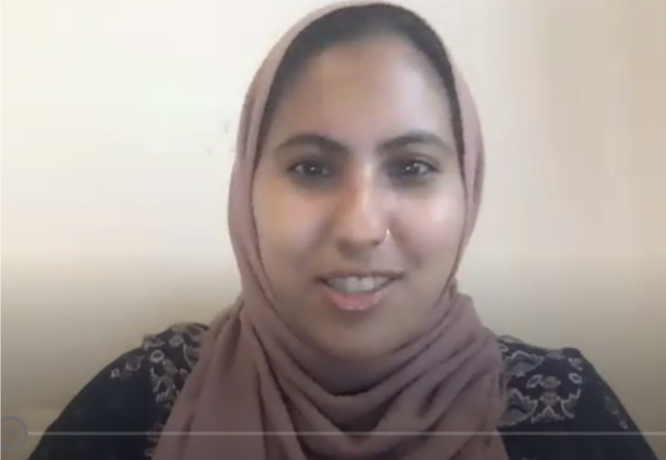Political exorcism, privilege recognition, and divisive stereotypes were discussed Oct. 27 in UNF’s Zoom meeting on Race, Politics, and Religion.
Race, politics and religion are three components that help shape an identity. These components are often featured as the center of divisive arguments. The belief in a specific deity that may shape individual morals, the shade of someone’s pigmentation, and the belief in policies that may shape an ideal society may be difficult but necessary conversations.
UNF is doing its part to facilitate these tough conversations during this last week before election week. Spinnaker attended the Honor Society’s meeting on Race, Politics, and Religion. What started as topics with the potential to divide an audience evolved into a conversation of empathy and understanding.
Religion can be described as a system of faith and worship. In the meeting, participants’ experience with religion was in correlation to their political views. UNF student Ama DeLeon’s decision on who she voted for in the last presidential election was met with an interesting reaction from her family.

“They were like ‘you have a demon in you,’” DeLeon stated. “They prayed over me. Obviously, that doesn’t speak for all Christians.”
Other students expressed that the most religious people in their lives would try to influence them to vote for a specific party. According to UNF student Nagat Khalifa, a statement she read mentioned that there are stereotypes that state that white Christians identify as Republican in contrast to black Christians identifying as Democrat.

The subject of race has been a tender subject to discuss. UNF student Gracie March, shares with her peers that she is using her voice to help with racial issues that she has not experienced.
“I 100% recognize my privilege,” stated March. “I have been working on how I can work towards being an advocate for other groups by using my own privilege.”

March received positive feedback from her peers, including Ama DeLeon for recognizing her position choosing to speak up for equality. According to DeLeon, the subject of privilege has gained a lot of attention in response to the treatment of minorities in this country.
University of North Florida is filled with students from many different ethnic groups, religious preferences and political backgrounds. A meeting like this demonstrated that the students are much more than just the schema of race, religion, and politics. They all have experienced different walks of life, however the most common trait they all shared was empathy.
___
For more information or news tips, or if you see an error in this story or have any compliments or concerns, contact editor@unfspinnaker.com.











